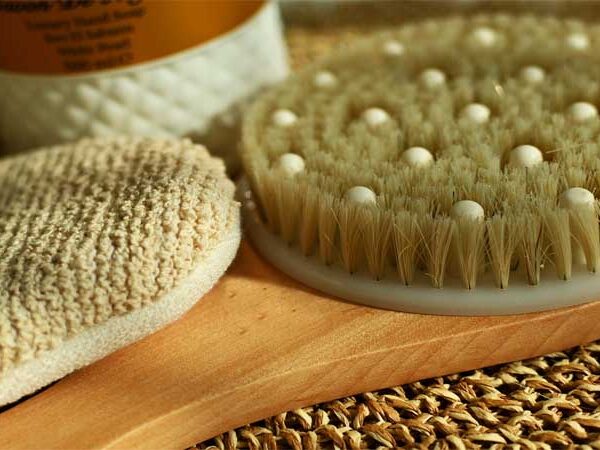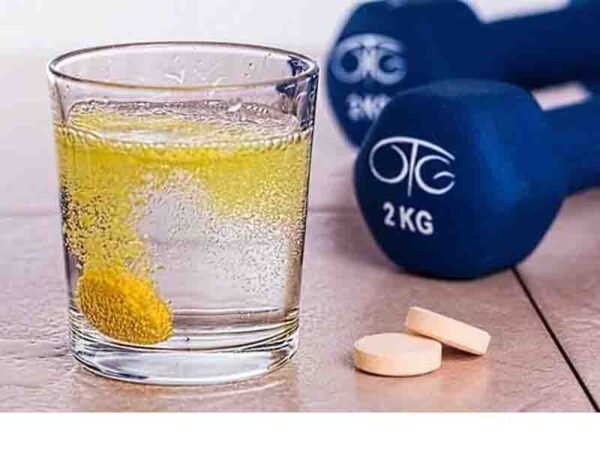Medical tests during breastfeeding: which ones are compatible and which ones are not?
It may happen that a nursing mother is in need of certain medical tests, such as an MRI, a computerized tomography or an X-ray , and has doubts about whether to stop breastfeeding.
In all the cases cited, even if contrast products are used, breastfeeding can be continued without contraindications. We will explain everything in more detail and we will talk about the tests to avoid during breastfeeding.
- 27 first communion 2022 pant suits for girls who don’t want to wear a dress
- Babysitter’s elbow: beware of pulling on children’s arms, it can cause injury
- Symptoms of celiac disease in children: could my child be celiac?
X-rays (radiography) and breastfeeding
Assuming a risk for pregnancy, it is also often believed that it is for breastfeeding. But it’s not like that. X-rays do not remain in the body, so they are not transmitted to the baby through breast milk, regardless of the part of the body where it is performed, even if it affects the chest.
X-radiation does not alter prolactin levels.
Mammography and breastfeeding
Mammography, like any radiography, is not contraindicated during lactation , since the radiation neither remains in the breast nor is it excreted in the milk.
CT scan and breastfeeding
Tomography, like other X-ray examinations, such as mammograms and X-rays done to the mother, do not affect milk or lactation . The X-rays used do not remain in the body, nor are they excreted in the milk.
The various contrasts for these examinations (iodinated or not) are compatible with breastfeeding because they are inert, rapidly metabolized without releasing iodine, are not excreted in milk, and are not absorbed orally.
Nuclear Magnetic Resonance (NMR) and breastfeeding
According to e-lactancia.org, a reference site prepared by professional experts on the compatibility of medications and medical tests during lactation, the risk of magnetic resonance imaging is very low . It is safe, compatible, and has minimal risk to the lactation and nursing infant.
It ensures that the electromagnetic field and radiofrequency waves generated by NMR do not cause harmful changes in the composition of milk.
Immediately after this examination you can breastfeed without problems.
Iodinated and gadolinium radiological contrast agents
The protocols and reviews published in recent years suggest, in light of the data available to date, that iodinated contrast agents and gadolinium compounds are safe for both the mother and the infant, so breastfeeding can continue normally after the administration of this type of contrast.
In any case, the mother should be informed that a very small amount of contrast can pass to the child through the milk, allowing her to choose the attitude to take. In this sense there are several options:
- Continue breastfeeding as normal.
- Breastfeed immediately before the contrast injection with a view to moving away from the next feeding.
- Expression of milk before the injection to give it in the hours following the completion of the test.
- Interruption of breastfeeding 12-24 hours after the test. In no case should breastfeeding be interrupted for more than 24 hours.
- It should also be remembered that, if an iodinated contrast agent is administered, the taste of the milk may change temporarily in the hours following the test.
Radioactive radiological contrast agents
The tests that should be avoided during breastfeeding are medical tests where substances labeled with radioactive isotopes are introduced into the body to explore different organs, such as scintigraphy. Most radionuclides are not only taken up by diseased tissues, but also by healthy ones, which also includes breast tissue.
The exposure of the infant to radiation will depend, for a part, on the time that the radionuclide remains in the body (biological half-life or elimination half-life, which is variable according to the substance labeled by the radionuclide and can vary between individuals), for another, of its radioactive or physical half-life that is constant and, finally, of the concentration that it reaches in milk, points out e-lactancia.org.
According to the AEPED, the study should ideally be postponed until the end of lactation. If it cannot be delayed, breastfeeding will be stopped for the duration of the radionuclide in the mother’s body and its half-life (see below), expressing the milk to discard it and having accumulated reserves of previously expressed milk to supply that period. In the same way, close contact between mother and child will be avoided.
Radionuclide used and cessation of lactation:
- COPPER-64: 50 hours
- FLUDESOXYGLUCOSA 18 F, Fluor 18 (Fluotracer, Fluorscan): 24 horas
- GALLIUM-67 CITRATE 7 Mbq (0.2 mCi): 1 week
- 50 Mbq (1.3 mCi): 2 weeks
- 150 Mbq (4.0 mCi: 4 weeks
- INDIO-111, IN-111M, Satumomab Pendetide (OncoScint CR 103): 24 hours
- 20 Mbq (0,5mCi): 1 semana
- SODIUM-RADIOACTIVE: 16 days
- TALIO-201: 2 weeks
- TECNECIO TC-99M: < 24 hours
- XENON -133, XENON -127: A few minutes
- IODINE -123: 36 hours
- -125: 12 days
- -131: 14 days
- IODINE-HIPURATO-SODIUM I-123, I-131 (Hipuran): 24 hours
If you have to stop breastfeeding after the examination, it is advisable to express your milk and instea



